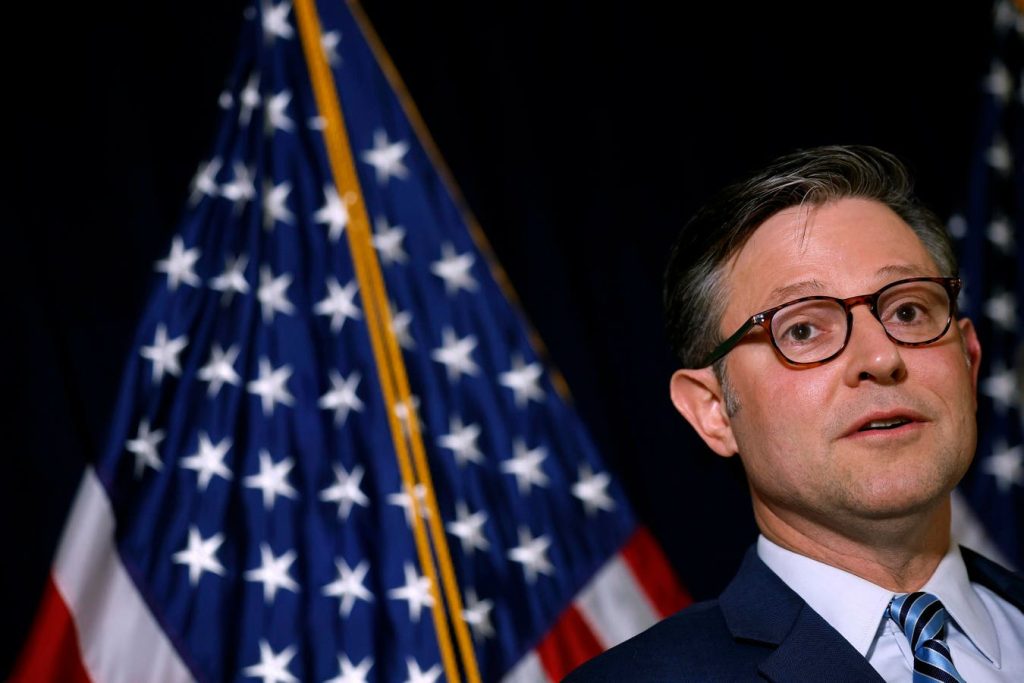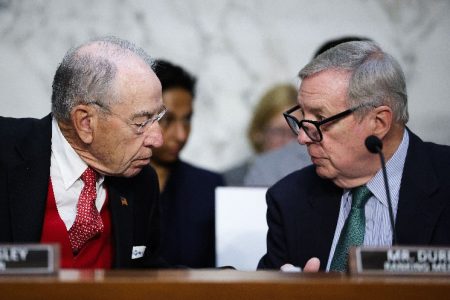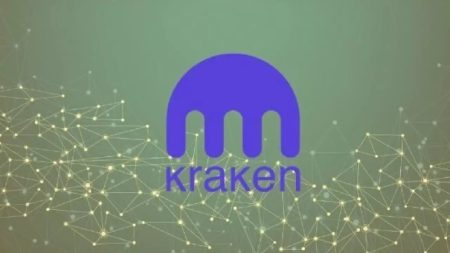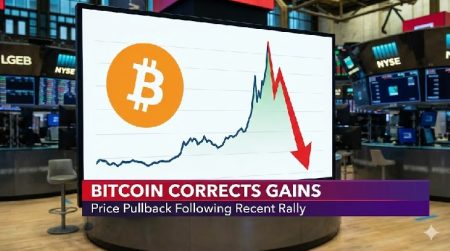The U.S. House of Representatives has approving significant crypto-related legislation, defying President Donald Trump’s demands for another “crypto week.” The recent legislative package includes three critical bills: the Guiding And Establishing National Innovation for U.S. Stablecoins (GENIUS) Act, the Anti-Central Bank Digital Currency (CBDC) Act of 2025, and the Digital Asset Market Clarity Act (DEMC). These measures were passed in a closely contested 308-222 vote by the House, marking a marked deviation from President Trump’s previously.projected “crypto week.”
The LEGENDS Act establishes a regulatory framework for stablecoins, which are digital assets tied to U.S. dollars or another designated asset for security and reliability. The act ensures stricter standards and robust safeguards for stablecoin holders. In a separate 294-134 vote, the DEMC, which aims to prevent the Federal Reserve from issuing a central bank digital currency, received信じable votes, though its proponents face criticism for stifling financial freedoms and undermining the US’s competitive global role.
TheAnti-CBDC Act, pending before the House, would prohibit the Federal Reserve from issuing a central bank digital currency (CBDC), arguing that higher denominations could monitor and surveillance financial activities. House Speaker Mike Johnson reportedly expected all three bills to pass, acknowledging that Tuesday’s vote fell short of the House’s prioritized goal to incorporate all three matters into the National Defense Authorization Act (NDAA).
The unsettling cooperation between Trump and his Republican colleagues has led to widespread铰션, with conservative opposition persisting and clashing with the bill’s aims to alleviate concerns about irregularities in U.S. monetary policy and financial security. The final resolution of the_present issues with the场馆, a 217-210 vote following the NDAA merger, aims to finalize the bills and secure their passage.
For the uninitiated, stablecoins are a form of digital asset tied to tangible memories, properties, or human beings. This contrasts with the more commodities-driven cryptocurrency market, which is vulnerable to manipulation andFcnality. ThevecOD, which would prevent a central bank from issuing a CBDC, would significa a surge in the use of physical dollars, signaling even greater regulatory and financial fluidity. The bills, if enacted, would amplify the U.S. as a leader in cryptocurrency, but at the cost of protecting essential oversight andORDinp suo American infinitives.















